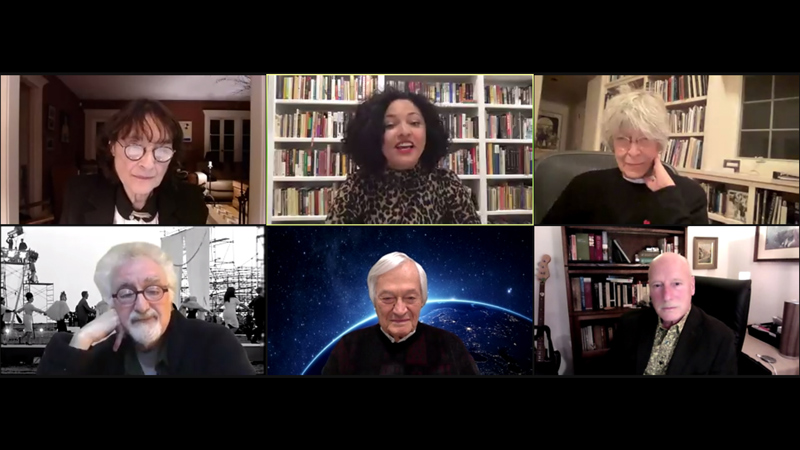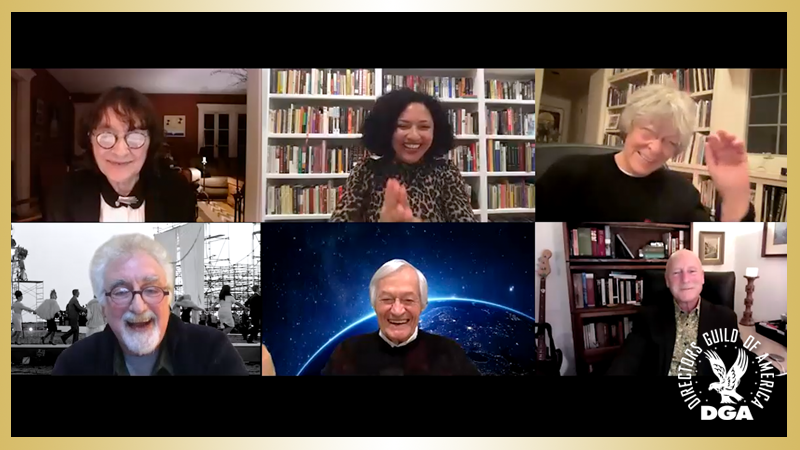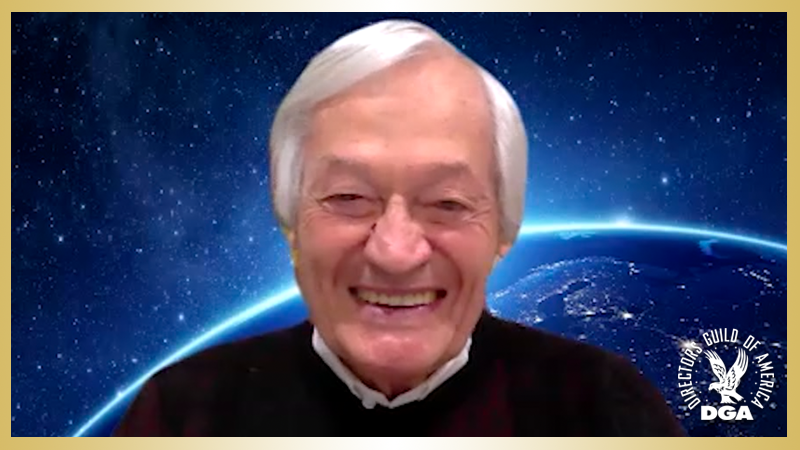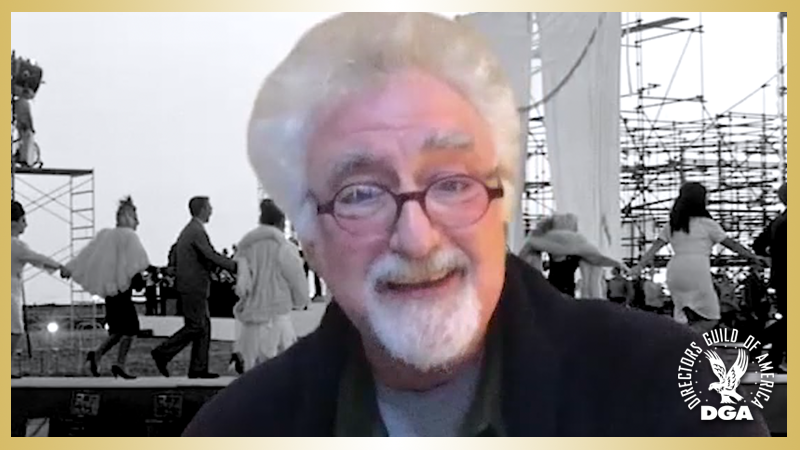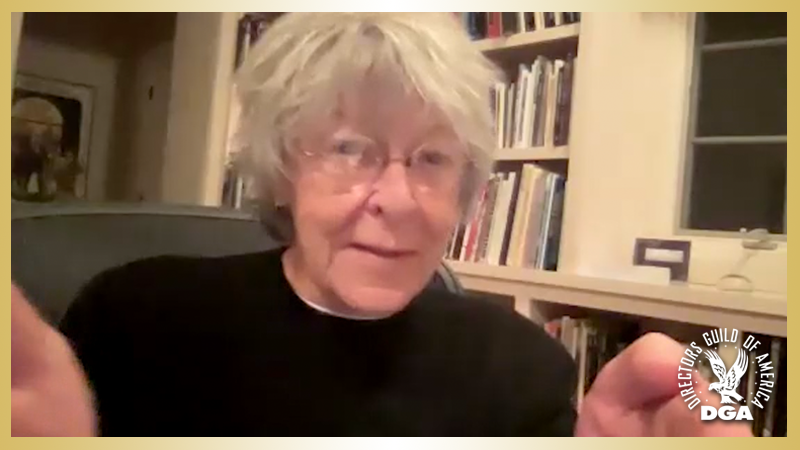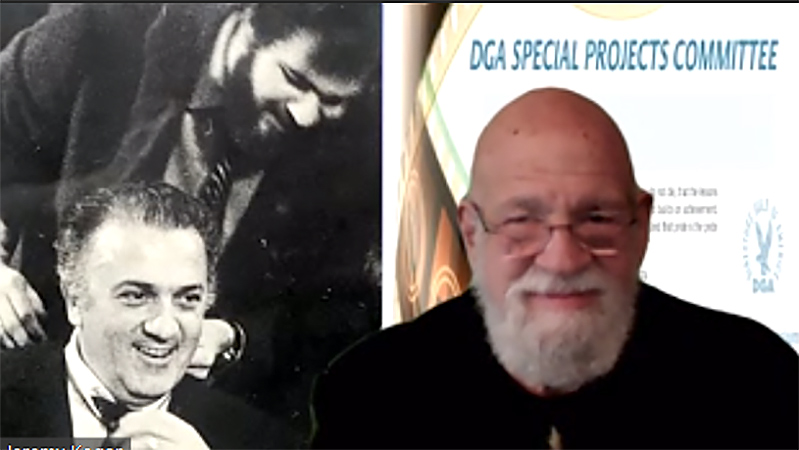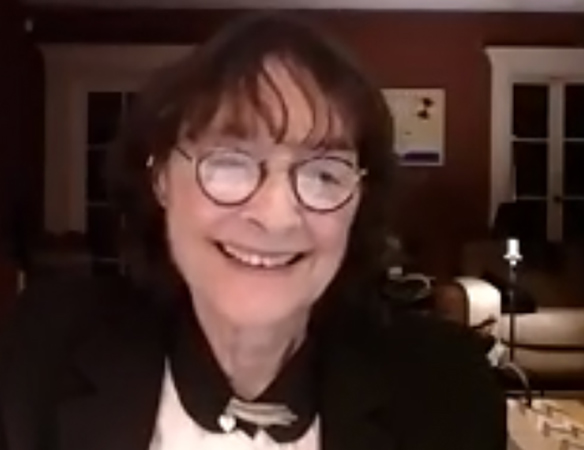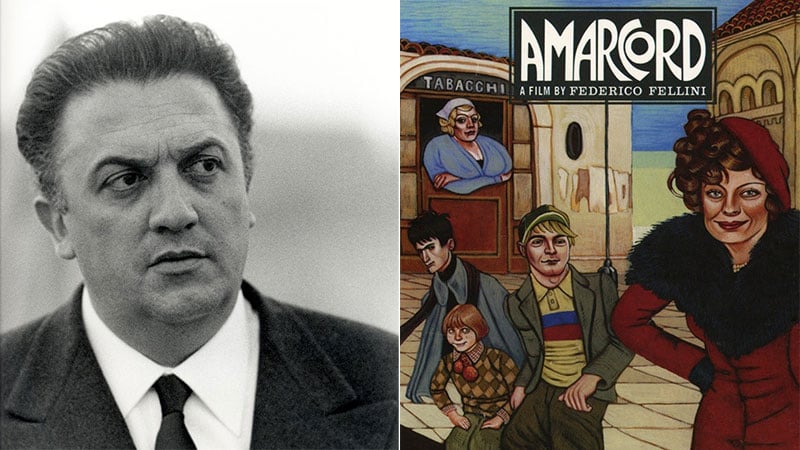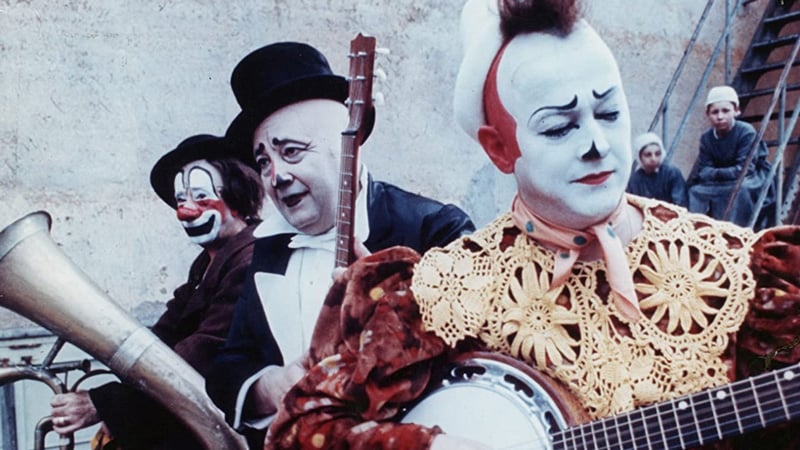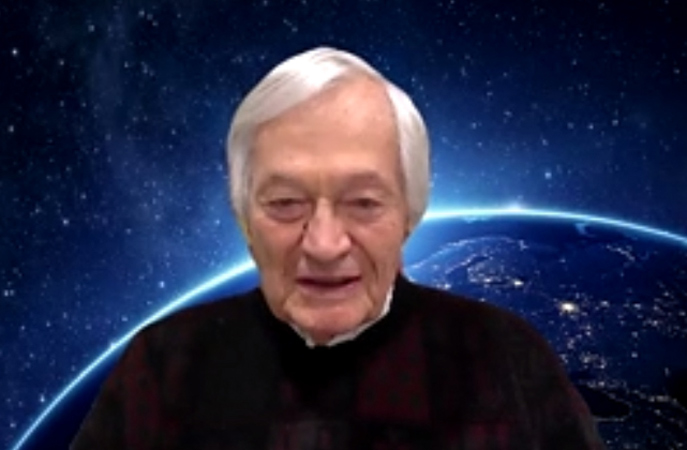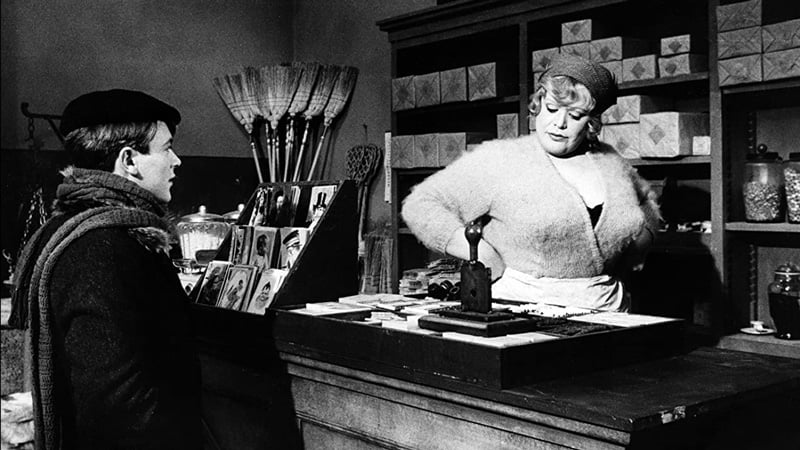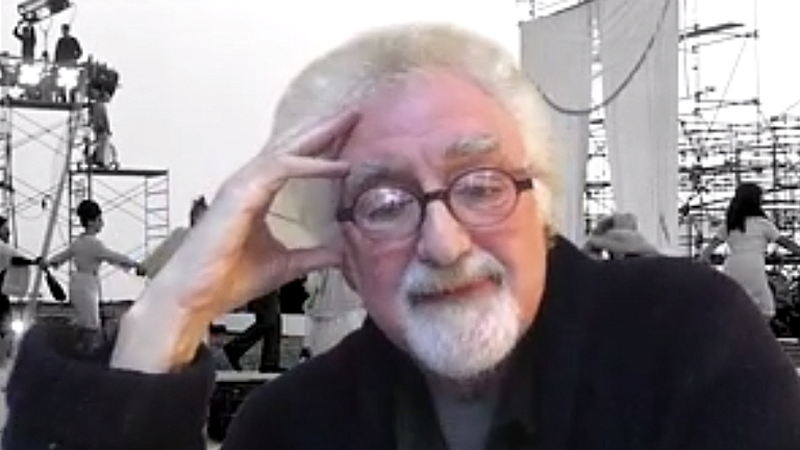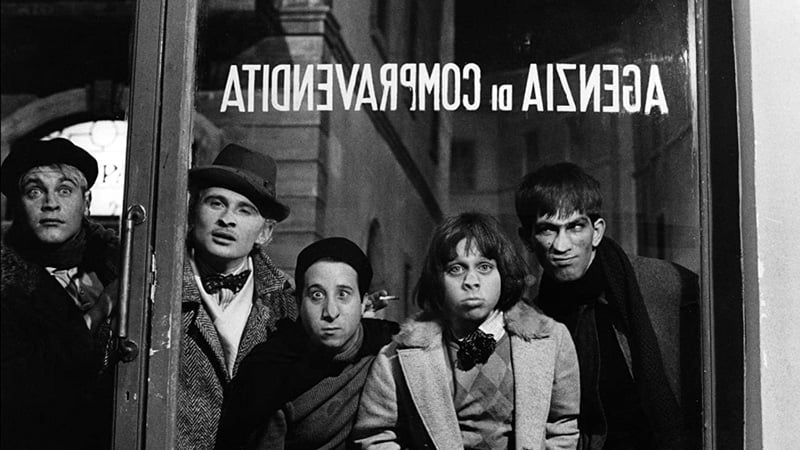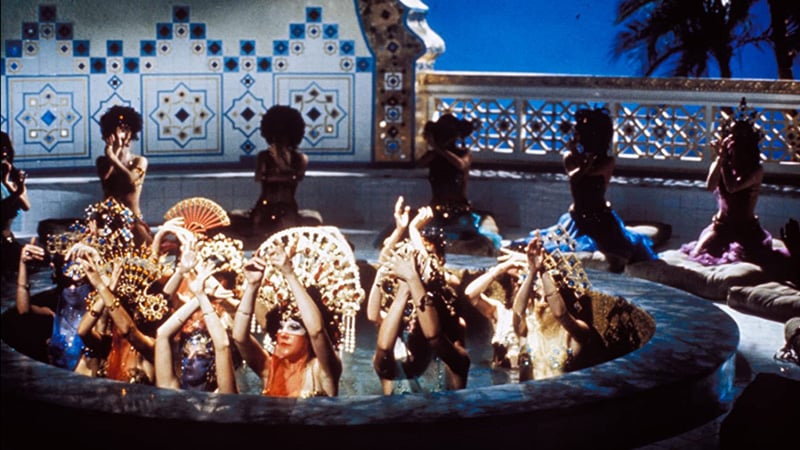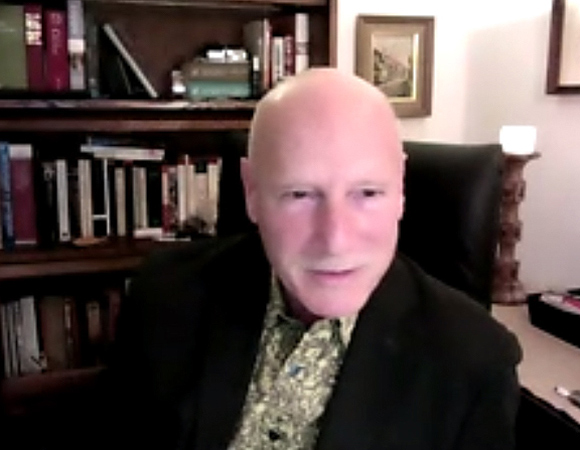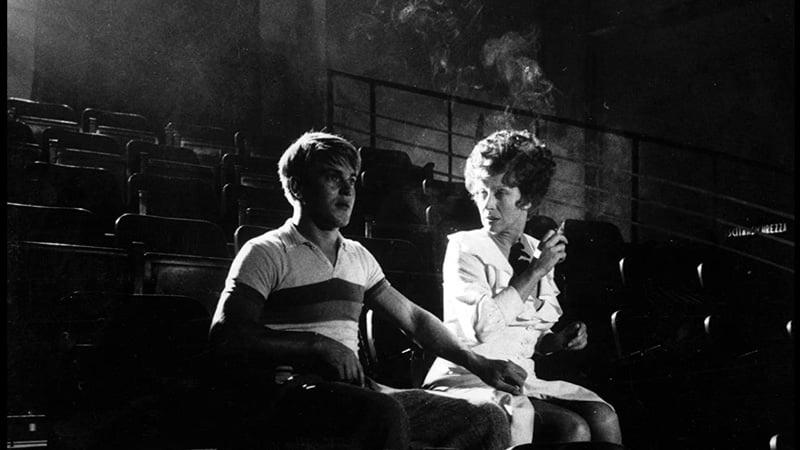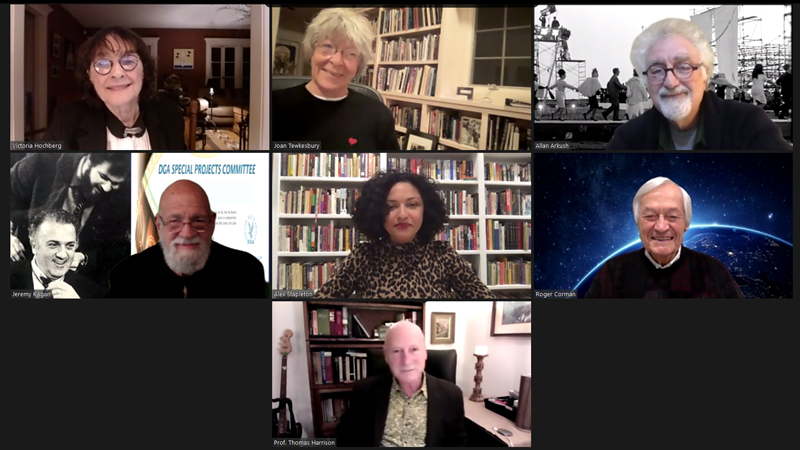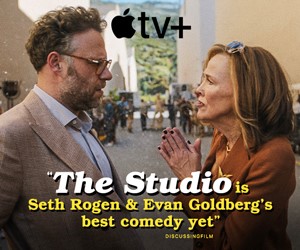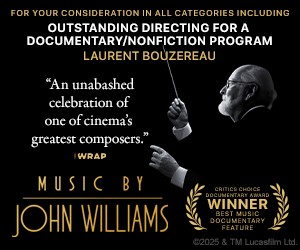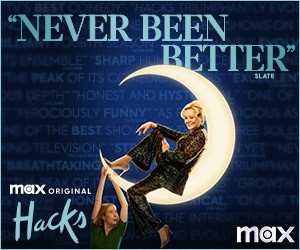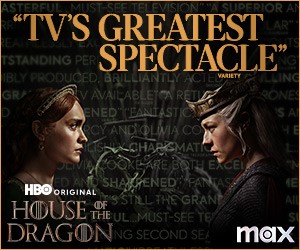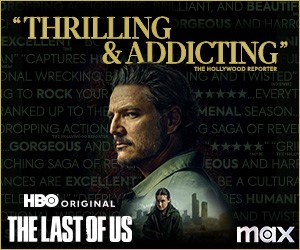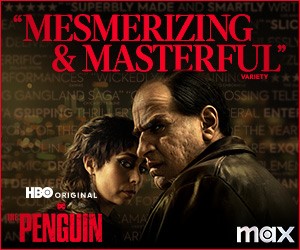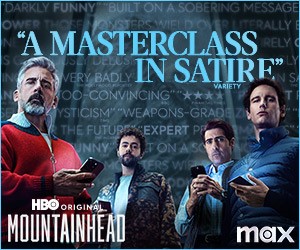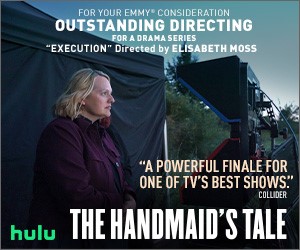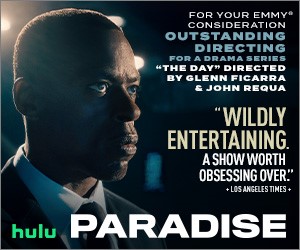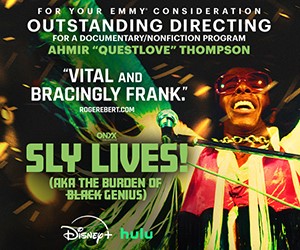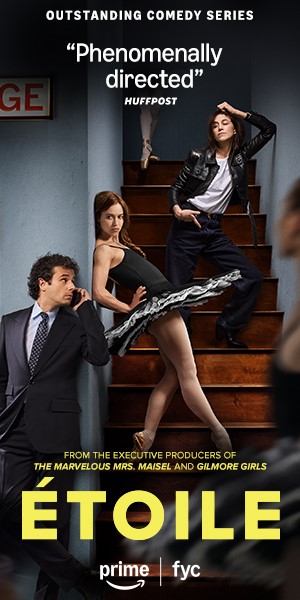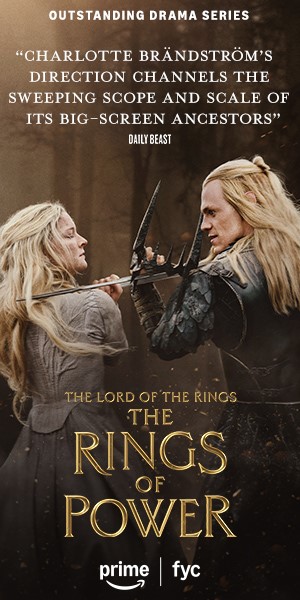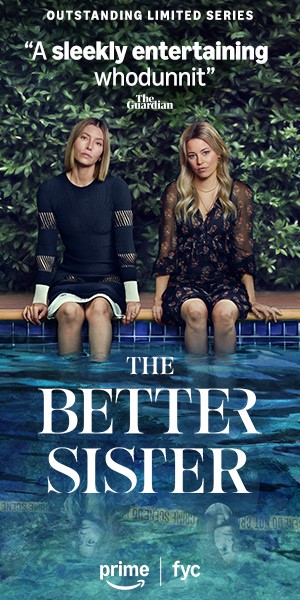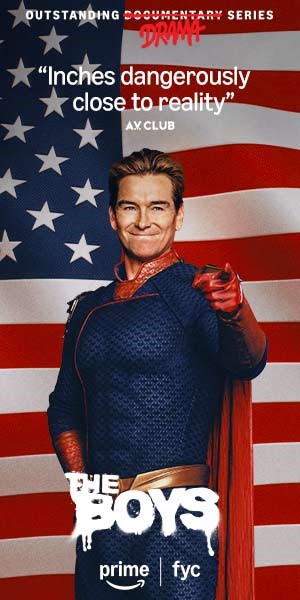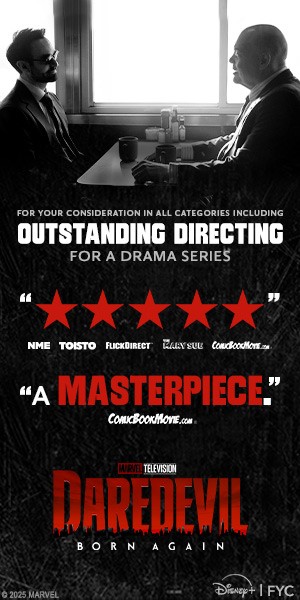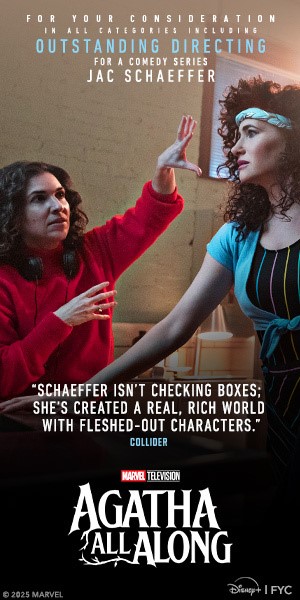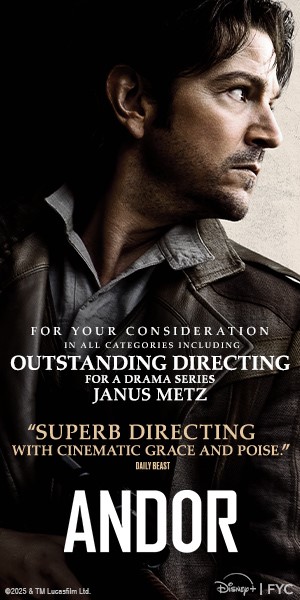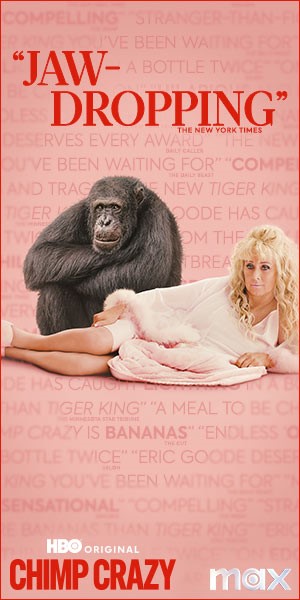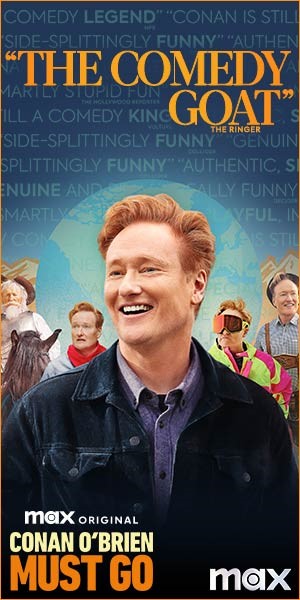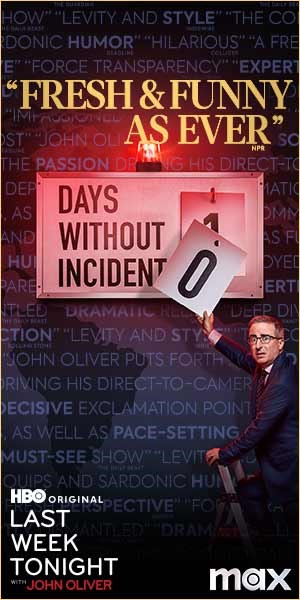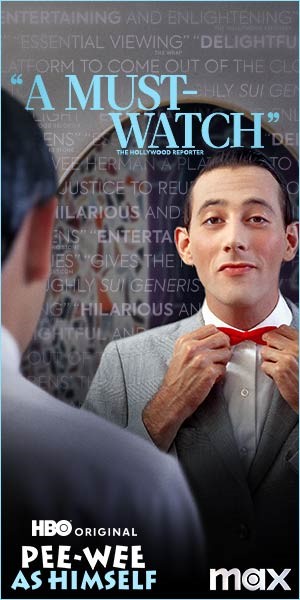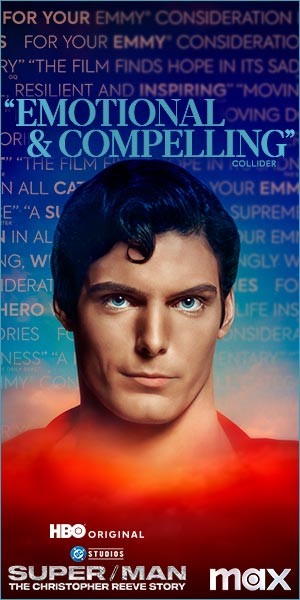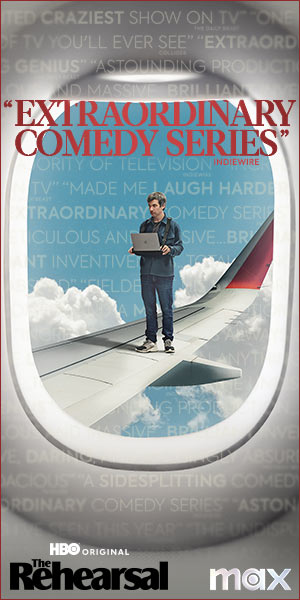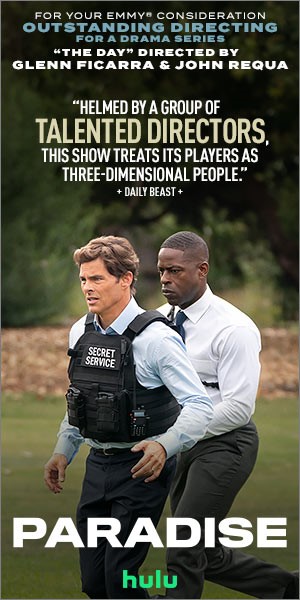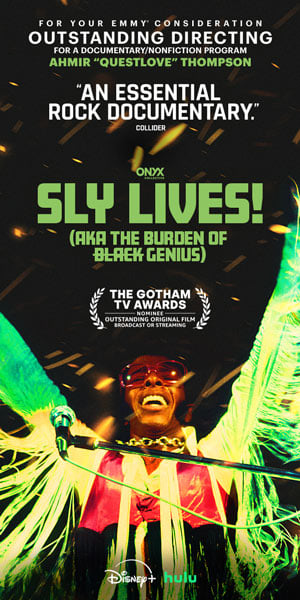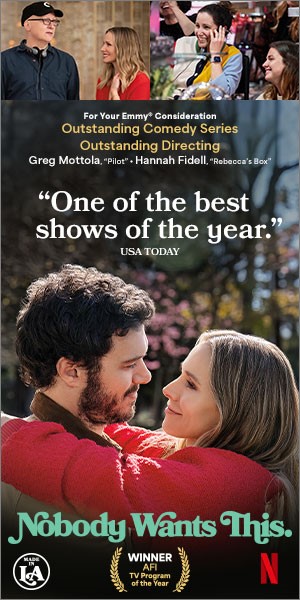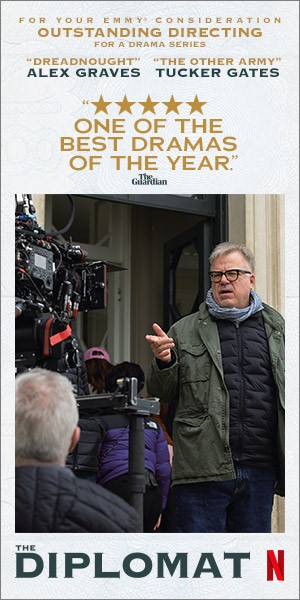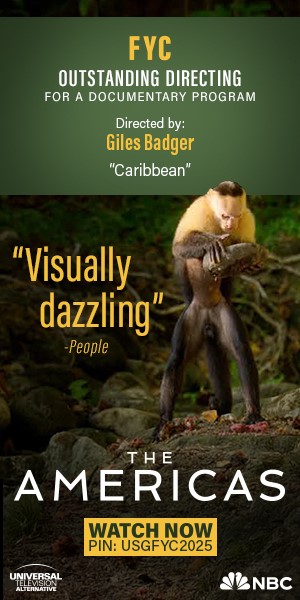On January 28, the DGA Special Projects Committee's Global Cinema Series successfully relaunched online with a special panel discussion about Italian Director Federico Fellini, his influence on world cinema and the film that is considered his most personal production, Amarcord.
Amarcord follows a year in the life of a provincial Italian town during the Fascist period. The film satirizes Fellini’s youth and turns daily family and civic events into a circus of social rituals, adolescent desires, sexual fantasies and political subterfuge, all set to Nina Rota’s now famous score. Amarcord won the Academy Award for Best Foreign Language Film in 1975 and was nominated for Best Director and Best Writing, Original Screenplay at the Academy Awards in 1976. Prior to the Global Cinema Series discussion, DGA members had a limited viewing window of this film from Italy courtesy of Janus Films.
The virtual event kicked off with welcoming remarks from DGA Special Projects Committee Chair Jeremy Kagan, who spoke about the work of the Committee and acknowledged how it has adjusted its range to meet member needs during this unusual time.
Kagan then turned things over to Global Cinema Series Co-Chair Victoria Hochberg, who said, “Tonight, Global Cinema celebrates the work of Federico Fellini, but the journey to this event was like a Fellini film itself. We had planned a normal screening last March for Fellini’s 100th birthday, but between March 2020 and now, nothing has been normal.”
Hochberg was then joined by her Global Cinema Series Co-Chair Alex Stapleton, to moderate a discussion about Fellini with panelists: Directors Allan Arkush, Roger Corman and Joan Tewkesbury and UCLA Professor of Italian, Thomas Harrison.
When introducing Roger Corman, Stapleton acknowledged, “Most people don’t realize that in the early ‘70s, while you were making movies like Bloody Mama, Unholy Rollers and Death Race 2000, you were also bringing award-winning foreign films to the US. Films like Bergman’s Cries & Whispers, Akira Kurosawa’s Dersu Uzala and Fellini’s Amarcord.”
Corman replied, “The major studios, who are great distributors, really didn’t understand how to [distribute foreign films] and the companies that were distributing them were really rather weak. They didn’t have the ability to negotiate the best terms. So, I thought —with no intention of making money, I just felt if I could break even, that’s good enough — I’ll go into foreign film distribution. It started with Cries & Whispers, went through a number of other films, and particularly climaxed with Amarcord.”
Arkush, who got his start in the film business by working in the trailer department of Corman's New World Pictures, recalled cutting the trailer for Amarcord with fellow Director Joe Dante. “Now, this is before VHS. This is before DVDs. And to have in your hands a Fellini movie that you could run back and forth on the moviola was unbelievable. We spent the entire weekend cutting it.” He continued, “The thing is, he’s a genius, Fellini, and you can’t mess up that timing. It’s really funny, but you have to let the jokes play.”
Recalling her directing work on the “Fellini episode” of Northern Exposure, Tewkesbury said, “Northern Exposure was like a very long Fellini movie. That’s the beauty of television. So, the Fellini section was like a Fellini movie inside of a Fellini movie, and one of the characters, who was dying to be a filmmaker, catches a fish. Inside of the fish is a golden ring. As he interprets it, it is a ring that Fellini gave to his sweetheart. So, suddenly, every time this character picks up a camera, he sees a Fellini composition.”
Acknowledging Fellini’s influence on world cinema, Harrison, who specializes in modern European intellectual history, literature, the comparative arts and film, said, “Fellini is just so subtle and ironic and humorous, and he caricatures everything, and even in this movie is a spoof on Italians in the ‘30s who embraced Fascism, making them look like a bunch of dimwits. So, that’s just to talk about a small part of his appeal because the staging, the mise-en-scene, the acting, the casting is just opulent to the nth degree. There’s no one quite as rich as he is.”
See video from this event in the gallery below.
About The Special Projects Committee
Special Projects is the educational and cultural arm of the Directors Guild of America, providing its members opportunities for creative exchange to advance their craft and celebrate the achievements of directors and their teams.
